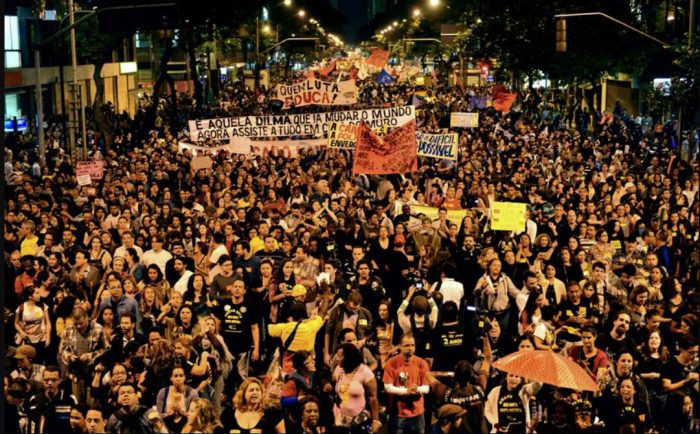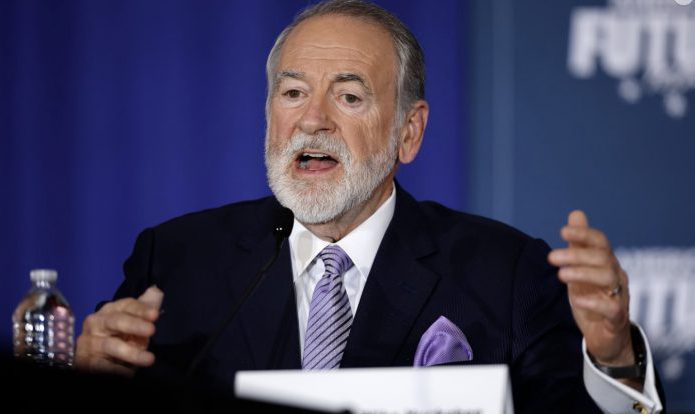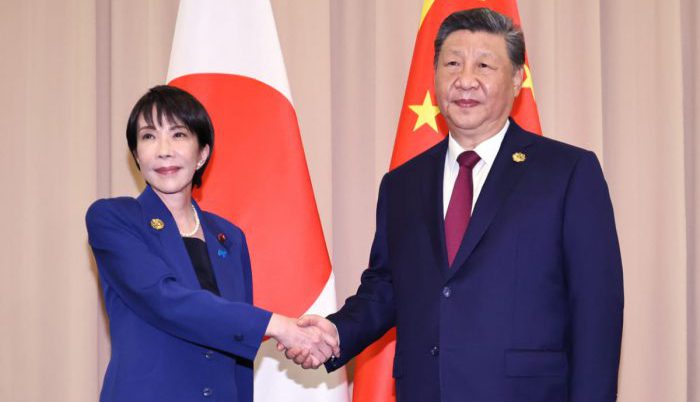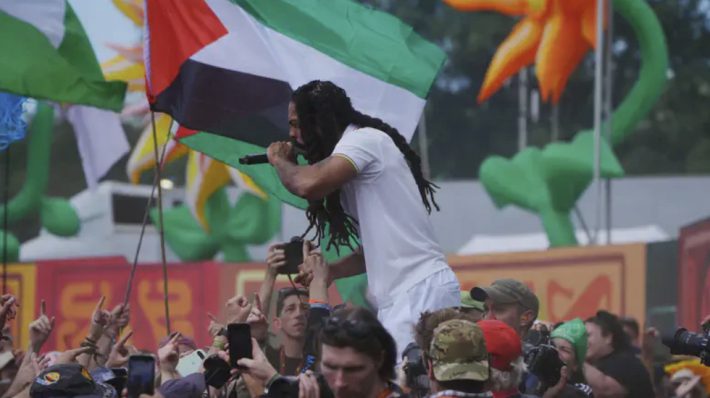Brazil erupts in fury as one of the deadliest police raids in Rio de Janeiro’s history leaves over 120 dead, drawing global outrage and UN condemnation.
Brazil descended into chaos on Wednesday as nationwide protests erupted over a catastrophic police operation in Rio de Janeiro that left at least 121 people dead, including four police officers, in what observers are calling one of the bloodiest days in modern Brazilian history.
The deadly confrontation unfolded when state security forces launched a large-scale raid on the powerful Red Command (Comando Vermelho)—a notorious drug cartel that dominates the narcotics trade in several of Rio’s most violent favelas.
The raid ignited a citywide gun battle, with helicopters, armored vehicles, and foot patrols exchanging heavy fire with gang operatives. Within hours, entire neighborhoods were transformed into war zones—schools were closed, universities canceled classes, and roads became killing grounds.
Rio’s conservative governor described the crackdown as the “beginning of a war” against organized crime. Yet the staggering death toll and the brutal imagery that followed—bodies lined in the streets, grieving mothers searching for sons, and residents documenting alleged executions—have triggered fierce criticism across Brazil and beyond.
According to Reuters, public defenders warned that the actual death toll could exceed 132, as residents continue to recover bodies from alleyways and burned-out homes.
Victor Santos, Rio’s state security chief, admitted that “the elevated lethality of the operation was expected but not desired,” adding that all reports of police misconduct would be investigated.
But outrage exploded when Justice Minister Ricardo Lewandowski condemned what he called the “use of brute force” and revealed that the federal government had not been informed in advance. President Luiz Inacio Lula da Silva, visibly shaken, convened an emergency meeting and ordered top officials to Rio, vowing to “strike the backbone of drug trafficking without putting police, children, and families at risk.”
On social media, Lula wrote:
“We cannot accept that organized crime continues to destroy families, oppress residents, and spread drugs and violence. This cannot be the price of public security.”
The United Nations Human Rights Office issued a rare public rebuke, urging Brazil to launch “prompt and effective investigations” and reminding authorities of their obligations under international law.
Local activists described scenes of horror and vengeance. Raull Santiago, a community leader, declared:
“We saw executed people—shot in the back, bullets to the head, stab wounds, people tied up. This was not an operation—it was a massacre.”
Images from the aftermath flooded social media: bloodied corpses lined on sidewalks, families wailing beside the dead, and a city struggling to reconcile with the scale of the violence.
For many Brazilians, this was not just another police raid—it was a grim symbol of a country torn between its desire for law and order and its descent into militarized policing.





